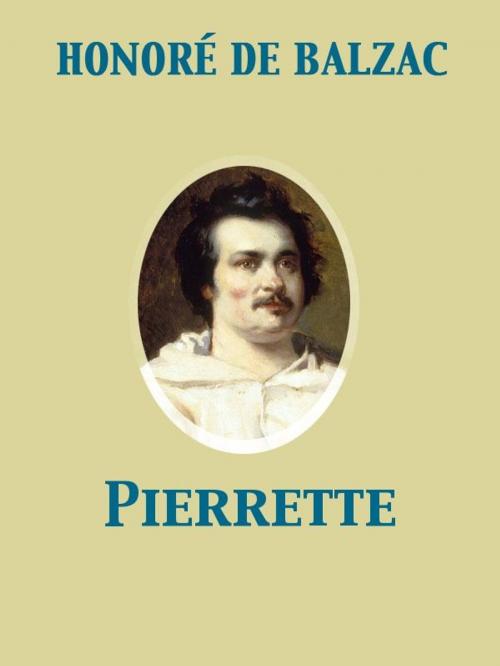| Author: | Honoré de Balzac | ISBN: | 9782819934172 |
| Publisher: | Release Date: November 27, 2011 | Publication: | November 27, 2011 |
| Imprint: | pubOne.info | Language: | English |
| Author: | Honoré de Balzac |
| ISBN: | 9782819934172 |
| Publisher: | Release Date: November 27, 2011 |
| Publication: | November 27, 2011 |
| Imprint: | pubOne.info |
| Language: | English |
At the dawn of an October day in 1827 a young fellow about sixteen years of age, whose clothing proclaimed what modern phraseology so insolently calls a proletary, was standing in a small square of Lower Provins. At that early hour he could examine without being observed the various houses surrounding the open space, which was oblong in form. The mills along the river were already working; the whirr of their wheels, repeated by the echoes of the Upper Town in the keen air and sparkling clearness of the early morning, only intensified the general silence so that the wheels of a diligence could be heard a league away along the highroad. The two longest sides of the square, separated by an avenue of lindens, were built in the simple style which expresses so well the peaceful and matter-of-fact life of the bourgeoisie. No signs of commerce were to be seen; on the other hand, the luxurious porte-cocheres of the rich were few, and those few turned seldom on their hinges, excepting that of Monsieur Martener, a physician, whose profession obliged him to keep a cabriolet, and to use it
At the dawn of an October day in 1827 a young fellow about sixteen years of age, whose clothing proclaimed what modern phraseology so insolently calls a proletary, was standing in a small square of Lower Provins. At that early hour he could examine without being observed the various houses surrounding the open space, which was oblong in form. The mills along the river were already working; the whirr of their wheels, repeated by the echoes of the Upper Town in the keen air and sparkling clearness of the early morning, only intensified the general silence so that the wheels of a diligence could be heard a league away along the highroad. The two longest sides of the square, separated by an avenue of lindens, were built in the simple style which expresses so well the peaceful and matter-of-fact life of the bourgeoisie. No signs of commerce were to be seen; on the other hand, the luxurious porte-cocheres of the rich were few, and those few turned seldom on their hinges, excepting that of Monsieur Martener, a physician, whose profession obliged him to keep a cabriolet, and to use it















